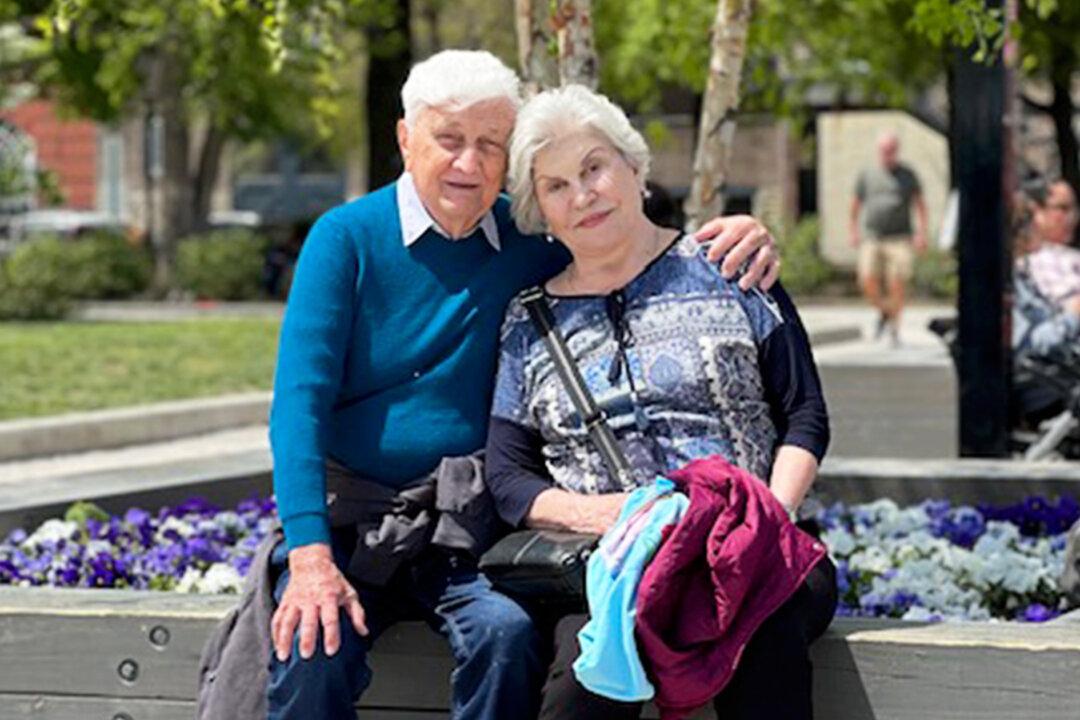An accomplished classical pianist who grew up in communist Albania—and whose family was labeled by the Party as having a “bad biography”—overcame political persecution and is now using her family’s story to warn people that “socialism is a cover-up for communism.”
Elida Dakoli, an American Albanian who was born in the city of Durrës, Albania, couldn’t escape the designated label as a child. It all began with her maternal great-grandfather and paternal grandfather, who were eventually poisoned to death by the communist party.





